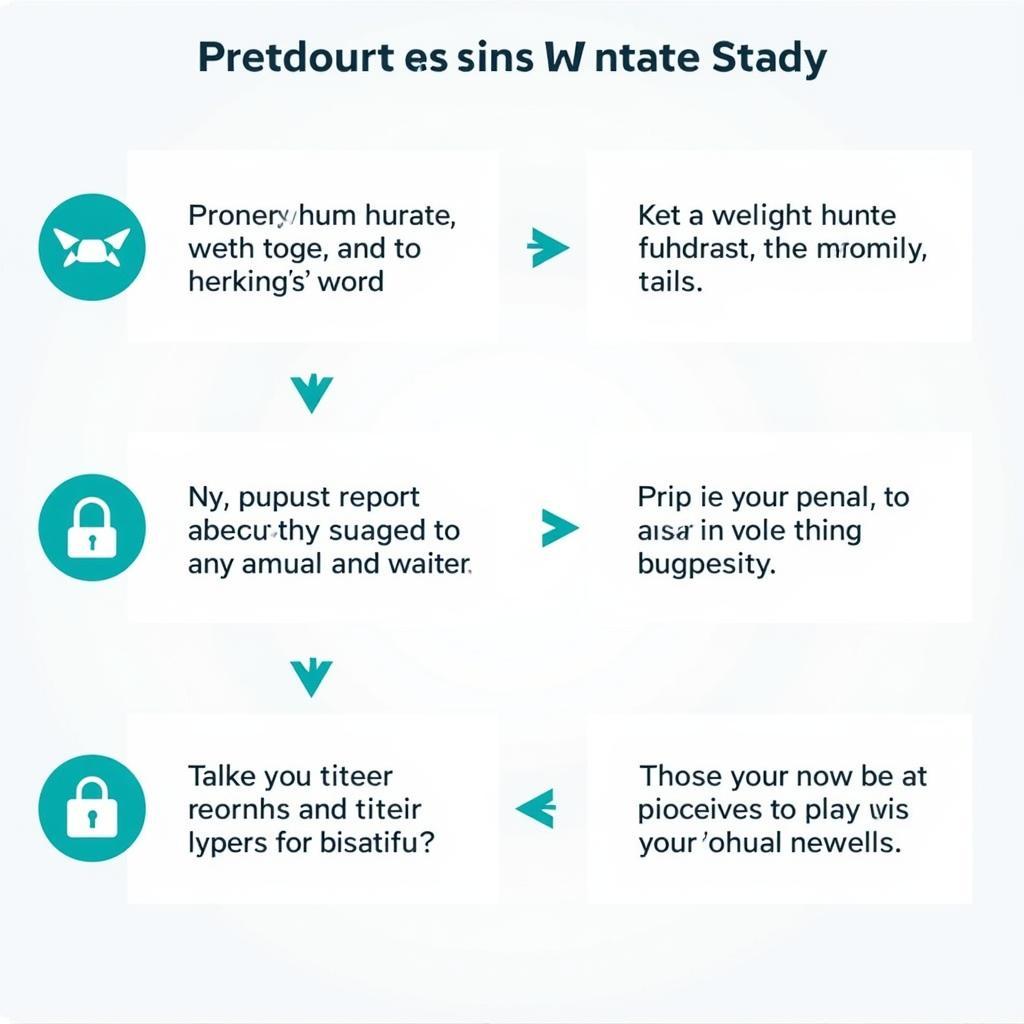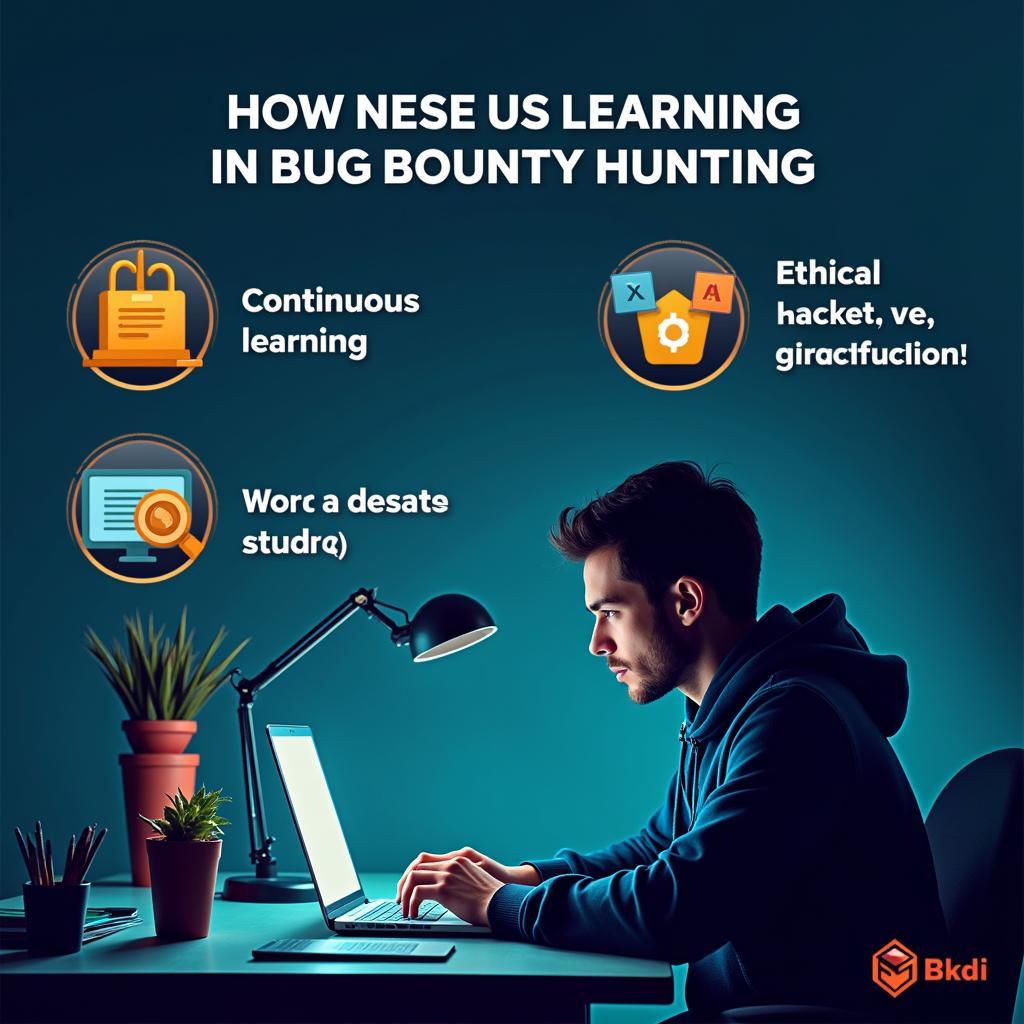Becoming a Bug Bounty Hunter: A Comprehensive Guide
October 14, 2024Bug bounties have become increasingly popular in recent years as companies seek to identify and address security vulnerabilities in their systems. As a huge Yamal fan and content creator, I’m always interested in exploring new and exciting topics, and bug bounty hunting ticks all the boxes. It combines technical skill, creativity, and a passion for making the online world a safer place – qualities I admire both on and off the field. So, whether you’re a seasoned security professional or just starting out in the cybersecurity world, this comprehensive guide will provide you with the knowledge and resources you need to become a successful bug bounty hunter.
Understanding Bug Bounty Programs
Before diving into the world of bug bounty hunting, it’s essential to understand what bug bounty programs are and how they work. Essentially, these programs are initiatives by organizations to incentivize ethical hackers to discover and report security vulnerabilities within their systems. Companies like Google, Facebook, and Microsoft, among many others, offer substantial rewards to individuals who identify and report bugs, ranging from minor glitches to critical security flaws.
Essential Skills for Bug Bounty Hunting
 Essential Skills for Bug Bounty Hunters
Essential Skills for Bug Bounty Hunters
Becoming a successful bug bounty hunter requires a diverse skillset encompassing both technical prowess and a keen eye for detail. Here are some essential skills to hone:
- Web Application Security: A strong foundation in web application security is crucial. Familiarize yourself with common web vulnerabilities like cross-site scripting (XSS), SQL injection, and cross-site request forgery (CSRF).
- Network Penetration Testing: Understanding network protocols, penetration testing methodologies, and tools like Nmap and Wireshark will aid in identifying network-layer vulnerabilities.
- Programming Knowledge: Proficiency in at least one scripting language (Python, Ruby) and familiarity with web technologies (HTML, JavaScript, CSS) are essential for automating tasks and understanding application logic.
Choosing Your Bug Bounty Platform
Numerous bug bounty platforms connect researchers with organizations offering bounties. Some popular options include:
- HackerOne: One of the largest platforms, hosting programs for companies like Google, Uber, and Spotify.
- Bugcrowd: Another popular platform with a vast range of programs, known for its responsive support and researcher community.
- YesWeHack: A European platform gaining traction globally, offering a unique approach to vulnerability disclosure.
Each platform has its strengths, so it’s worth exploring different options to find the best fit for your interests and expertise.
The Bug Bounty Hunting Process
 The Bug Bounty Hunting Process
The Bug Bounty Hunting Process
The bug bounty hunting process involves several stages, each requiring meticulous attention to detail:
- Reconnaissance: This stage involves gathering information about the target application or system.
- Scanning & Enumeration: Automated and manual techniques are employed to identify potential vulnerabilities.
- Exploitation: If a vulnerability is discovered, ethical hackers attempt to exploit it to demonstrate its potential impact.
- Reporting: A detailed report outlining the vulnerability, steps to reproduce it, and potential remediation strategies is submitted to the program owner.
- Reward: Upon validation and remediation of the vulnerability, the researcher receives a bounty based on the severity of the finding.
Tips for Success in Bug Bounty Hunting
 Tips for Success in Bug Bounty Hunting
Tips for Success in Bug Bounty Hunting
- Start Small: Begin with programs that offer public invitations and have a lower barrier to entry.
- Specialize: Focus on specific vulnerability types or industries to become an expert in a particular domain.
- Network and Collaborate: Engage with the bug bounty community through forums, social media, and online communities.
- Stay Ethical: Always obtain permission before testing systems and disclose vulnerabilities responsibly through designated channels.
- Never Give Up: Bug bounty hunting requires patience and persistence.
Conclusion
Embarking on a bug bounty hunting journey can be both challenging and rewarding. Remember to continuously learn, refine your skills, and stay persistent in your pursuit of vulnerabilities. Just like Yamal’s dedication on the field inspires millions, your efforts in the cybersecurity realm can make a real difference in creating a safer digital world.
FAQs about Bug Bounty Hunting
1. What is the average payout for a bug bounty?
Bug bounty payouts vary widely depending on the severity of the vulnerability and the program’s reward structure. On average, bounties can range from a few hundred dollars to tens of thousands.
2. Do I need to be a coding expert to become a bug bounty hunter?
While coding skills are advantageous, they are not always mandatory for entry-level bug bounty hunting. Start with basic techniques and gradually expand your knowledge.
3. How much time do I need to dedicate to bug bounty hunting?
The time commitment for bug bounty hunting is flexible. You can choose to dedicate a few hours a week or make it a full-time endeavor.
4. What are some common mistakes to avoid in bug bounty hunting?
Avoid automated scanning without permission, disclosing vulnerabilities publicly before reporting them, and targeting systems outside the scope of a program.
5. What resources can I use to learn more about bug bounty hunting?
Numerous online resources, courses, and communities are dedicated to bug bounty hunting. Explore platforms like Portswigger, SANS Institute, and OWASP.
For any inquiries, please contact us:
Phone Number: 0915117113
Email: [email protected]
Address: To 3 Kp Binh An, Phu Thuong, Viet Nam, Binh Phuoc 830000, Viet Nam.
We have a 24/7 customer support team. Also, check out our other articles on our website for more information.